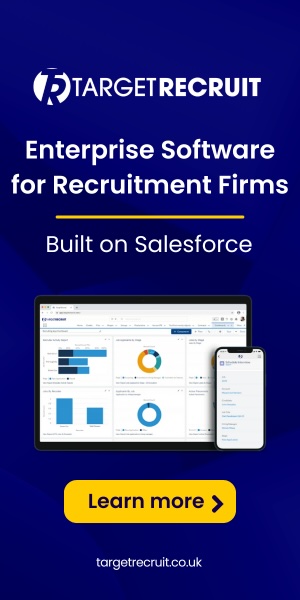According to a recent report from Indeed’s Hiring Lab on February 27th, traditional educational prerequisites are steadily fading from job listings.
In January 2024, 52% of job postings in the United States on Indeed didn’t specify any educational requirements, marking an increase from 48% in 2019. Additionally, only 17.8% demanded a four-year degree or higher, down from 20.4% in previous years.
Cory Stahle, an economist at the Indeed Hiring Lab, highlighted this shift towards skills-oriented hiring in the report, emphasizing the importance for workers to invest in skills regardless of their educational background. Stahle suggests that even individuals with college degrees may need to consider reskilling in the future.
Employers are advised to reconsider their hiring criteria, with a focus on skills-first approaches that can broaden the pool of qualified candidates for various roles.
Companies must overhaul their talent acquisition processes, including job postings, hiring panels, and onboarding practices, to focus on skills rather than degrees.
Over the past five years, Indeed’s analysis of 47 occupational sectors revealed a loosening of educational requirements in 41 sectors. Particularly noticeable shifts occurred in software development, project management, and related tech fields like information design and documentation.
Conversely, educational prerequisites saw an uptick in 19 occupational categories, especially in knowledge-intensive areas like architecture, accounting, and healthcare. The report predicts that formal education will likely remain integral to fields such as healthcare and engineering.
Despite the growing trend towards skills-based hiring, reports from The Burning Glass Institute and Harvard Business School suggest that many companies announcing such policies haven’t substantially altered their hiring practices. Similarly, LinkedIn’s data indicates an increase in skills-based job postings, yet the actual hiring rate of degreeless candidates falls short of these announcements.
Another study by Bain & Co., OneTen, and Grads of Life found that more than half of jobs don’t require a four-year degree. However, to effectively embrace skills-first hiring, companies must overhaul their talent acquisition processes, including job postings, hiring panels, and onboarding practices, to focus on skills rather than degrees.












